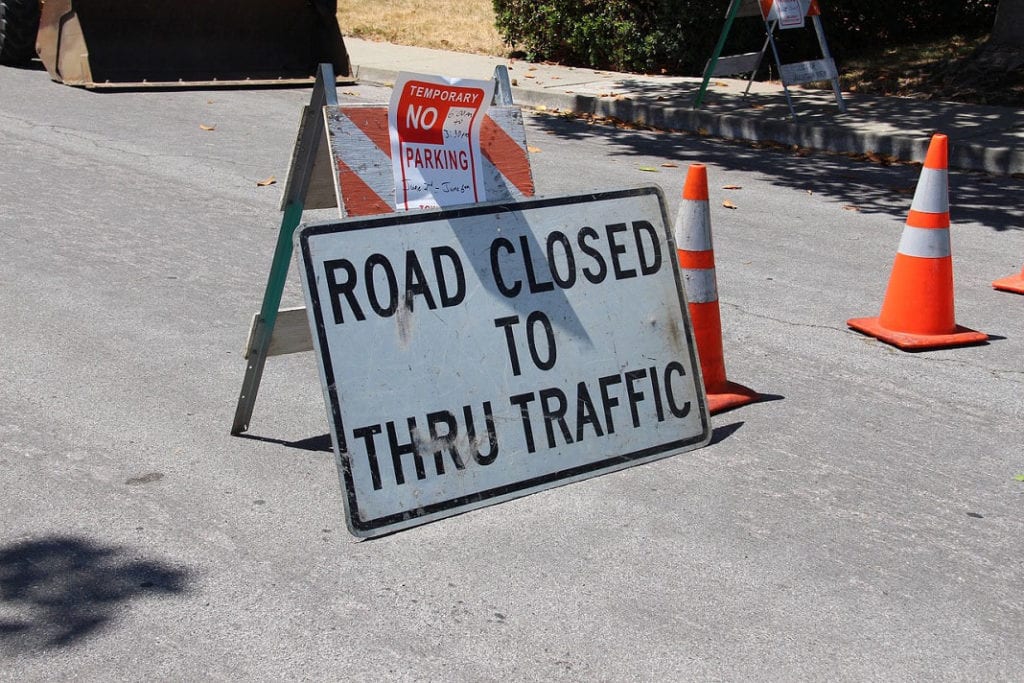Developing drugs for the myriad diseases that afflict humans is a complicated process. Of course, the chemistry behind developing said drugs is complex. However, deciding what diseases and dysfunctions to study and how to approach them presents even more challenges. Deciding where the money should go and how much to spend just add to the complexity facing drug development.
Pharmaceutical companies are companies. They have bottom lines. They need to make money or they will not be able to stay open. Wise financial decision-making is needed. In a blog post late last summer, Dr. William Hasler discussed some of these complications with regards to gastroparesis.
Gastroparesis is a rare disorder which slows or prevents food from passing from the stomach to the small intestine. Doctors are still trying to identify the causes of this intestinal issue. No cure for the disease is currently available.
Dr. Hasler posted his blog on the Applied Clinical Trials boards to identify some of the challenges facing drug companies working on a cure for gastroparesis. He recognized three broad categories of challenges facing pharmaceutical companies’ development in this area: symptom outcomes, fixing definitions of potential benefits of treatment, and support for drugs that treat only symptoms.
One hurdle is the need for widespread acceptance of how symptoms are measured. More importantly, the measure of how well symptoms have been treated. Another obstacle involves evaluating the positive effects that treatments may produce. Doctors need to have reliable measures for deciding on the effectiveness of the treatment. The final problem that stands in the way of progress in treating gastroparesis is the lack of consensus for how treatment options should be pursued.
Once these issues are addressed, perhaps we can see an increase in treatments or maybe even a cure for gastroparesis.






